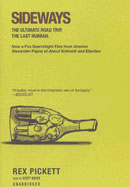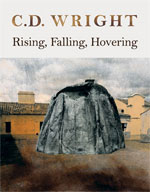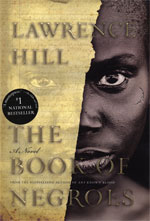
Patricia McConnell is an applied animal behaviorist and dog trainer with over 20 years’ experience who is also besotted with her own dogs, who include border collies and a Great Pyrenees. She posits an approach to dog training and human-dog relations that is both refreshing and remarkably common sense. She contends that many of the miscommunications between humans (primates) and dogs (canids) stem from the fact that primates vocalize and employ physical cues that often convey to canids the opposite message of what is intended. For example, primates use ventral-ventral (face-to-face, chest-to-chest and eye-to-eye) physical approaches such as hugging and kissing to show affection … and canids typical find such approaches rude and aggressive.
When primates can understand how to use body language that is more appealing to a canid, such as side and perpendicular approaches and avoiding eye contact, they will achieve the obedience and cooperation, not to mention affection, that they are seeking with their canine friends.
McConnell’s style is down-to-earth and appealing, with memorable stories and examples.
From the book’s introduction:
“Every year several students come to see me at the university and ask how they can become an Applied Animal Behaviorist. Some of them tell me they are interested primarily because they love animals so much and work themselves up to confessing that they don’t really like people much at all. But we humans are an integral part of the lives of domestic dogs, and we can’t fully relate to a domestic dog without taking our own species into account. The more you love your dog, the more you need to understand human behavior. The good news, speaking as a biologist, is that our species is as fascinating as any other. I find myself just as enamored of Homo sapiens as I am of Canis lupus familiaris, because even when we humans are idiots, we’re interesting ones. So I invite all of you to show our own species the same patience and compassion that we show dogs. After all, dogs seem to like us a lot, and I have the utmost respect for their opinion.”
… and from the book’s conclusion:
“… just as I can’t discuss world peace with [my dog] Tulip, there’s something that I get from my connection to her that I can’t get from my other, human friends. I’m no even sure what it is, but it’s deep and primal and good. It has something to do with staying connected to the earth and to sharing the planet with other living things. We humans are in such a strange position – we are still animals whose behavior reflects that of our ancestors, yet we are unique – unlike any other animal on earth. Our distinctiveness separates us and makes it easy to forget where we came from. Perhaps dogs help us remember the depth of our roots, reminding us – the animals at the other end of the leash – that we may be special, but we are not alone. No wonder we call them our best friends.”









